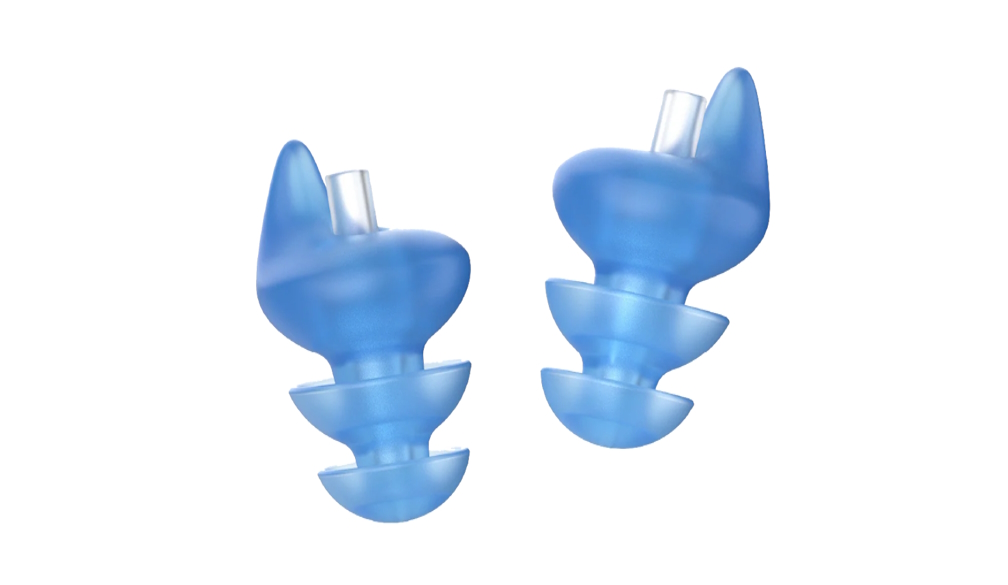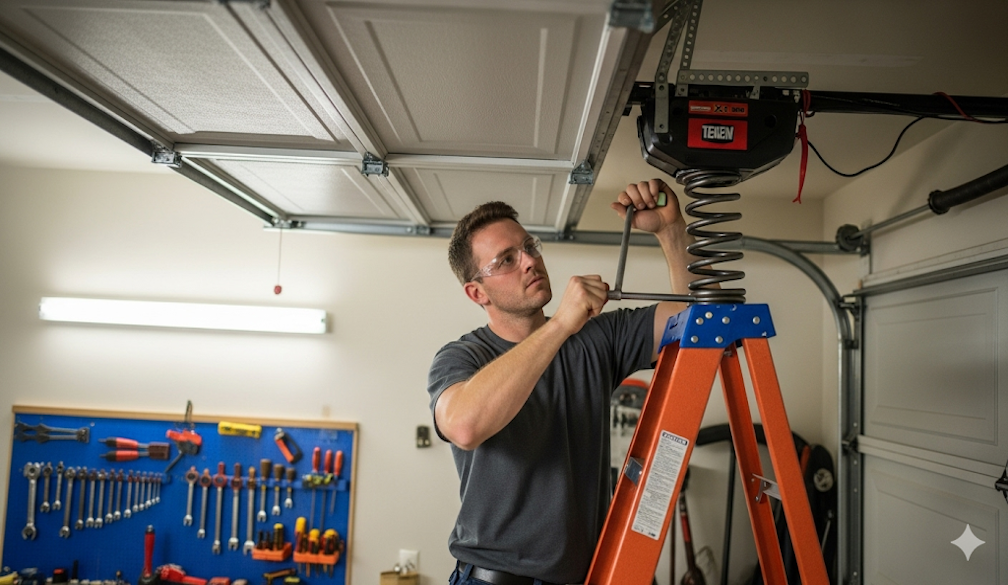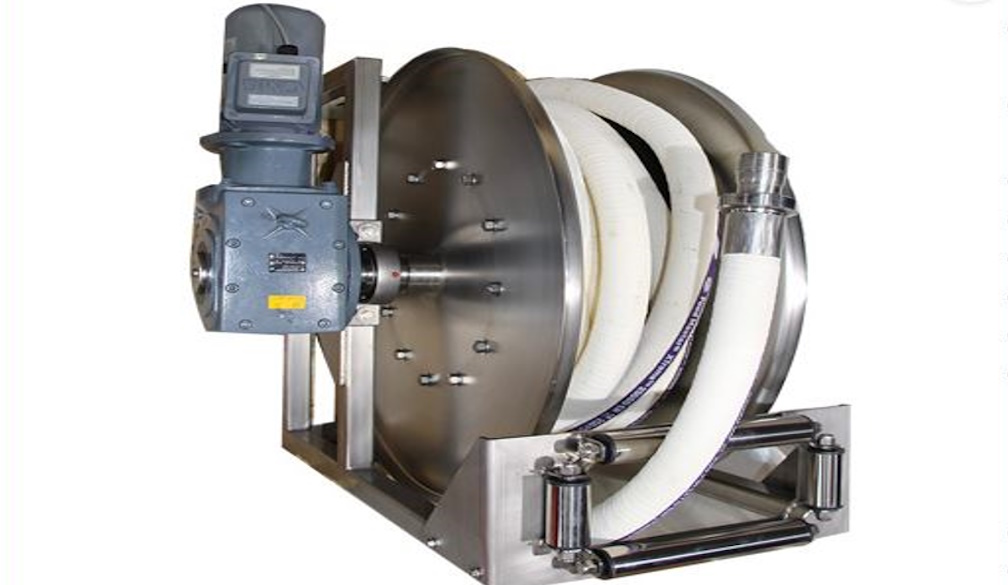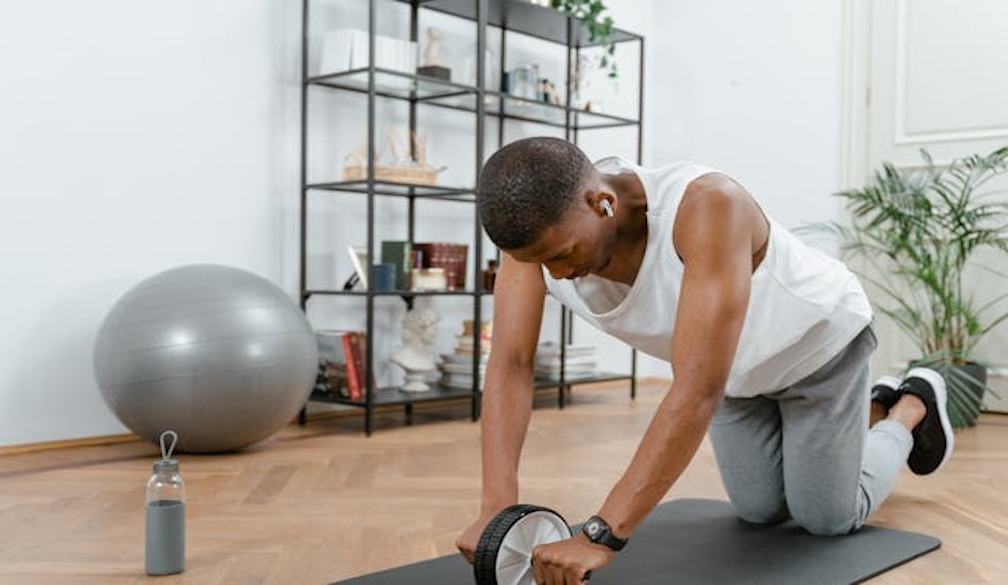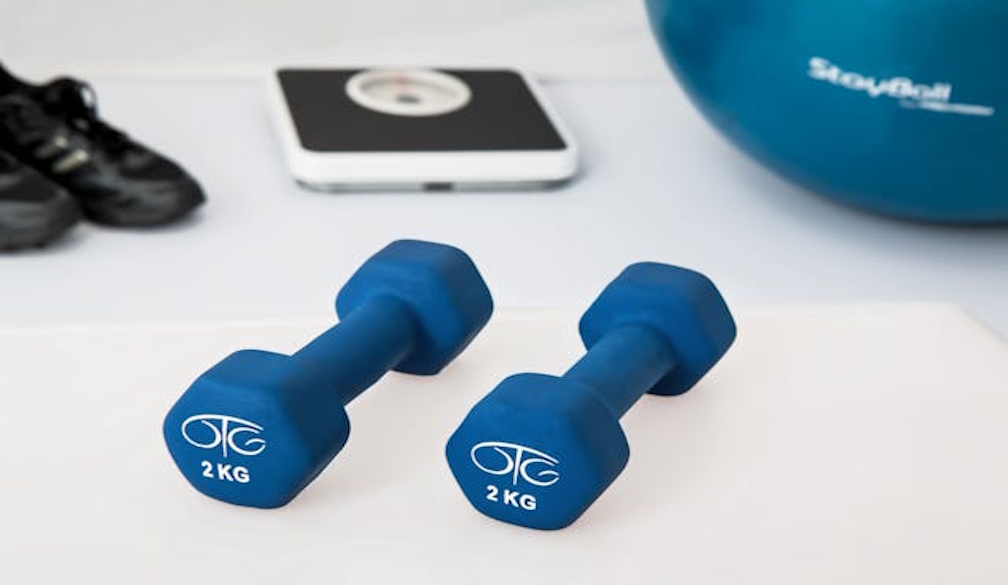Five lifestyle changes to enhance your mood and mental health
- Written by Jerome Sarris, Professor; NHMRC Clinical Research Fellow; NICM Health Research Institute Deputy Director, Western Sydney University
When someone is diagnosed with a mental health disorder such as depression or anxiety, first line treatments usually include psychological therapies and medication. What’s not always discussed are the changeable lifestyle factors that influence our mental health.
Even those who don’t have a mental health condition may still be looking for ways to further improve their mood, reduce stress, and manage their day-to-day mental health.
It can be empowering to make positive life changes. While time restrictions and financial limitations may affect some people’s ability to make such changes, we all have the ability to make small meaningful changes.
Read more: Stroke, cancer and other chronic diseases more likely for those with poor mental health
Here are five lifestyle changes to get you started:
1. Improve your diet and start moving
Wholefoods such as leafy green vegetables, legumes, wholegrains, lean red meat and seafood, provide nutrients that are important for optimal brain function. These foods contain magnesium, folate, zinc and essential fatty acids.
Foods rich in polyphenols, such as berries, tea, dark chocolate, wine and certain herbs, also play an important role in brain function.
Read more: Health Check: seven nutrients important for mental health – and where to find them
In terms exercise, many types of fitness activities are potentially beneficial – from swimming, to jogging, to lifting weights, or playing sports. Even just getting the body moving by taking a brisk walk or doing active housework is a positive step.
Activities which also involve social interaction and exposure to nature can potentially increase mental well-being even further.
General exercise guidelines recommend getting at least 30 minutes of moderate activity on most days during the week (about 150 minutes total over the week). But even short bouts of activity can provide an immediate elevation of mood.
2. Reduce your vices
Managing problem-drinking or substance misuse is an obvious health recommendation. People with alcohol and drug problems have a greater likelihood than average of having a mental illness, and have far poorer health outcomes.
Some research has shown that a little alcohol consumption (in particular wine) may have beneficial effects on preventing depression. Other recent data, however, has revealed that light alcohol consumption does not provide any beneficial effects on brain function.
Stopping smoking is also an important step, as nicotine-addicted people are constantly at the mercy of a withdrawal-craving cycle, which profoundly affects mood. It may take time to address the initial symptoms of stopping nicotine, but the brain chemistry will adapt in time.
Quitting smoking is associated with better mood and reduced anxiety.
3. Prioritise rest and sleep
Sleep hygiene techniques aim to improve sleep quality and help treat insomnia. They including adjusting caffeine use, limiting exposure to the bed (regulating your sleep time and having a limited time to sleep), and making sure you get up at a similar time in the morning.
Read more: Health Check: five ways to get a better night's sleep
Some people are genetically wired towards being more of a morning or evening person, so we need to ideally have some flexibility in this regard (especially with work schedules).
It’s also important not to force sleep – if you can’t get to sleep within around 20 minutes, it may be best to get up and focus the mind on an activity (with minimal light and stimulation) until you feel tired.
The other mainstay of better sleep is to reduce exposure to light – especially blue light from laptops and smartphones – prior to sleep. This will increase the secretion of melatonin, which helps you get to sleep.
Getting enough time for relaxation and leisure activities is important for regulating stress. Hobbies can also enhance mental health, particularly if they involve physical activity.
4. Get a dose of nature
When the sun is shining, many of us seem to feel happier. Adequate exposure to sunshine helps levels of the mood-maintaining chemical serotonin. It also boosts vitamin D levels, which also has an effect on mental health, and helps at the appropriate time to regulate our sleep-wake cycle.
The benefits of sun exposure need to be balanced with the risk of skin cancer, so take into account the recommendations for sun exposure based on the time of day/year and your skin colour.
You might also consider limiting your exposure to environmental toxins, chemicals and pollutants, including “noise” pollution, and cutting down on your mobile phone, computer and TV use if they’re excessive.
An antidote to this can be simply spending time in nature. Studies show time in the wilderness can improve self-esteem and mood. In some parts of Asia, spending time in a forest (known as forest bathing) is considered a mental health prescription.
Read more: Hug a tree – the evidence shows it really will make you feel better
A natural extension of spending time in flora is also the positive effect that animals have on us. Research suggests having a pet has many positive effects, and animal-assisted therapy (with horses, cats, dogs, and even dolphins) may also boost feelings of well-being.
5. Reach out when you need help
Positive lifestyle changes aren’t a replacement for medication or psychological therapy but, rather, as something people can undertake themselves on top of their treatment.
While many lifestyle changes can be positive, some changes (such as avoiding junk foods, alcohol, or giving up smoking) may be challenging if being used as a psychological crutch. They might need to be handled delicately, and with professional support.
Strict advice promoting abstinence, or a demanding diet or exercise regime, may cause added suffering, potentially provoking guilt if you can’t meet these expectations. So go easy on yourself.
That said, take a moment to reflect how you feel mentally after a nutritious wholefood meal, a good night’s sleep (free of alcohol), or a walk in nature with a friend. `
Jerome Sarris has no identified direct conflict of interest relating to this article. He is supported by an NHMRC Clinical Research Fellowship (APP1125000). He has received either presentation honoraria, travel support, clinical trial grants, book royalties, or independent consultancy payments from: Integria Healthcare & MediHerb, Pfizer, Scius Health, Key Pharmaceuticals, Taki Mai, FIT-BioCeuticals, Blackmores, Soho-Flordis, Healthworld, HealthEd, HealthMasters, Kantar Consulting, Research Reviews, Elsevier, Chaminade University, International Society for Affective Disorders, Complementary Medicines Australia, SPRIM, Terry White Chemists, ANS, Society for Medicinal Plant and Natural Product Research, Sanofi-Aventis, Omega-3 Centre, the National Health and Medical Research Council, CR Roper Fellowship
Joe Firth is supported by a Blackmores Institute Fellowship.
Authors: Jerome Sarris, Professor; NHMRC Clinical Research Fellow; NICM Health Research Institute Deputy Director, Western Sydney University
Read more http://theconversation.com/five-lifestyle-changes-to-enhance-your-mood-and-mental-health-102650


